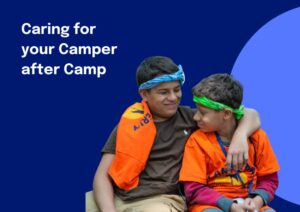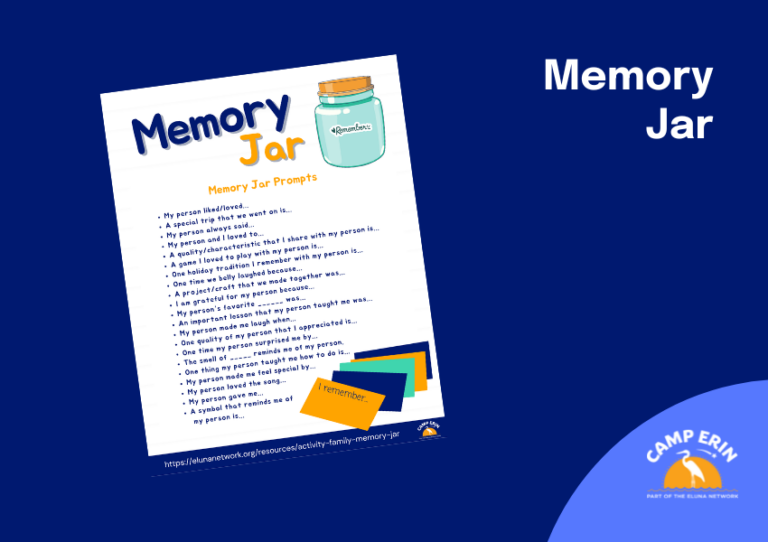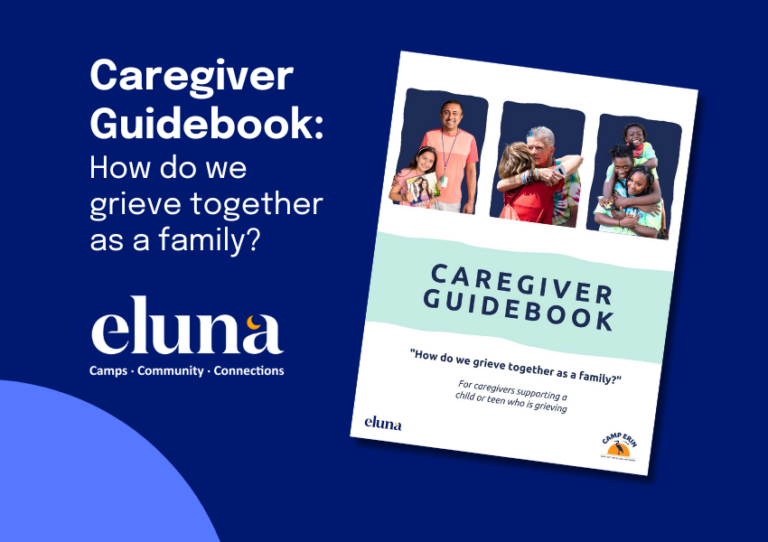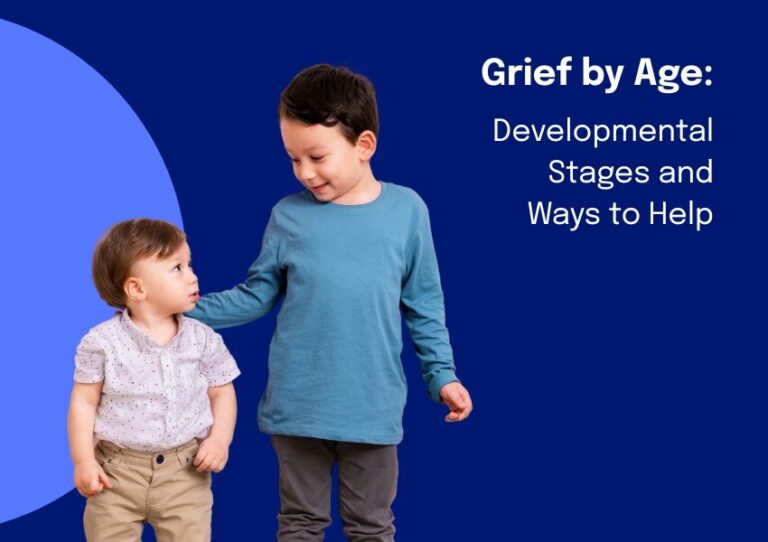Caring for your Camper after Camp
What to Expect After Camp
Your child, as a camper, has had an active, stimulating, and emotional experience at Camp Mariposa or Camp Erin. During the camp experience, your camper has most likely shared their personal story, listened to other campers, laughed, cried, played, created strong bonds with mentors and peers, and learned a great deal about themselves. They have also had a lot of fun with many activities like sports, kayaking, swimming, dancing, music, crafts, journaling, yoga, and more.
They have learned skills on how to cope with their emotions, how to seek help, and how to recognize the strength and courage that is within them.
We have compiled this document to help parents, guardians, family, and friends feel comfortable reconnecting with their camper after this meaningful experience.
The following ideas are suggestions and we sincerely hope that they help you support your child after camp.
The Ride Home
- Avoid “the pounce” – that burning desire as caring adults to want to know as much about their experience as possible. Provide time for them to process the experience and share it with you slowly, on their own time.
- Your camper has been away from their usual routine. They’re tired and may not want to talk right away. It’s also possible that they might talk the whole way home. All of this is okay.
- Don’t take it personally if they are a bit cranky. Take into account that your camper is likely tired and/or hungry after camp. They also may feel sad after leaving the new friends they have made.
- Your camper talked about hard or important things at camp. They may still be processing and not want to revisit it in the car ride home – that’s okay. They are not pushing you away. They may need the time to think about all that they have experienced.
- Here are a couple of ways to open the communication door for when they are ready to share. You could say something like: “I would love to hear about camp whenever you are ready to talk.” You could also ask: “I would love to hear about your ____________ that you got from camp.” (Mention an item you can see, such as a comfort item, an activity item, etc.)
- Campers may also be more talkative than usual. They may be full of new questions, be more open about their experience, or ask for more explanation or details.
Active Listening
Listening is important. Listen with your heart. Listen without judgement or punishment. Don’t worry about what to say—concentrate on the words they share with you. You may listen to the same story over and over—listen attentively each time! Be compassionate, patient, and present.
Conversation Prompts
If you do ask questions, try counting to 15 before expecting a response. Sometimes kids need quiet to offer a response. Sit quietly with them. Ask specific questions, such as:
- What were your three highlights about camp?
- I heard there were water activities, what was the most fun for you?
- Was there something at camp that was really hard for you?
- What was the high and low of your experience?
- Can you share one thing from camp that made you smile.
- What was your favorite meal at camp?
- Did you try anything for the first time?
- How did it feel to share your story?
- Tell me more about the luminary ceremony (Camp Erin) or the letter to addiction burning ceremony (Camp Mariposa).
- Did anyone make you laugh?
- If I were a fly on the wall in your cabin, what would I have seen? (this approach encourages description rather than yes and no responses.)
- Did you meet any good friends at camp and how might you keep in touch with them?
Continued Care for the Journey
- Your camper will continue to experience and express a wide range of feelings and emotions. Let them know that all feelings are okay.
- Help them be gentle with themselves.
- Every single person has a unique response to adversity: some people need a good cry, some people don’t.
- Continue to seek additional support services for your camper and your family.
- Feel free to maintain an open line of communication with the Camp Director.
- Check in a week after camp if you have any questions or just want to talk.
- Be proactive in keeping connections going between your camper and friends made at camp.
- Keep in mind that the contact with big buddies/mentors and other camp volunteers is limited to the camp experience and hopefully they see them at a reunion or another camp activity.
- Visit the Eluna Resource Center for support, referrals, and activities. There is no charge for this service.
- For personalized support contact Sarah at(206) 466-3998 or [email protected] (Se habla español)
*Thank you to the Eluna team and to our valued partners for helping to author this resource: Eluna, Good Shepherd Community Care – Camp Erin Boston, Compass Health – Camp Mariposa Everett, Fairview Youth Grief Services – Camp Erin Twin Cities, and San Diego Youth Services – Camp Mariposa San Diego.



